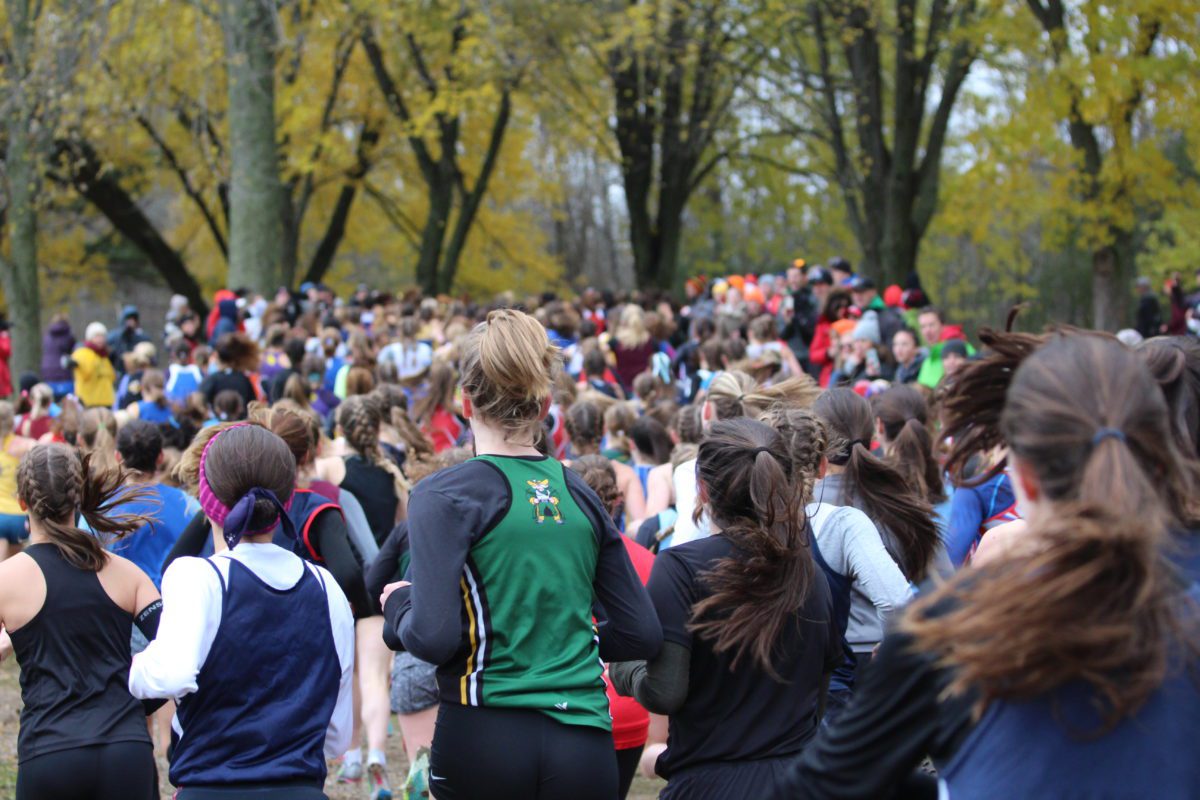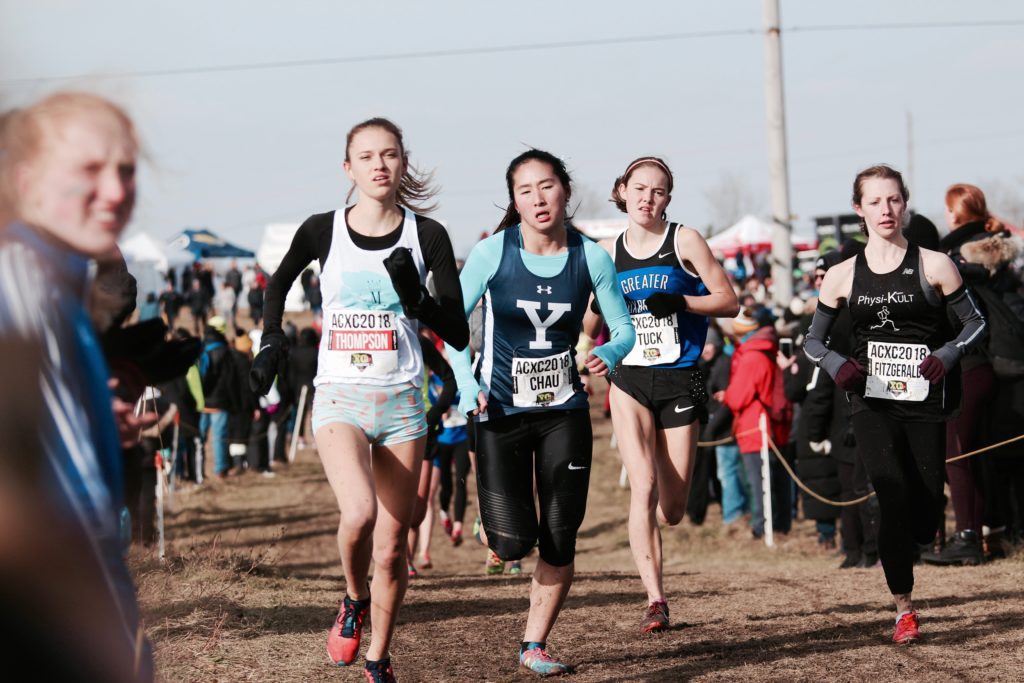Young female runners: don’t fight your body
The effects of puberty can be seen as something for young female runners to push against. Here's why that is some deeply flawed logic

High school runners are going faster than ever. They’re breaking records, making Olympics and competing against fully developed professional runners. But when a junior female runners is going fast, many raise the question of puberty, and what that transition will do to her performance.
Gilles Beaudin is an exercise physiologist out of the Cleveland Clinic. He explains that during puberty there’s an increase in the hormones progesterone and estrogen. “Estrogen increases the deposition of fatty tissue. Fat is particularly deposited in the hips, thighs, buttocks and breasts.” This change can effect performance as puberty in women loosens the hips and widens the joints, which can increase the risk of injury.

The weight gain that starts during puberty is what troubles so many young female runners, and remains troubling to some female runners through their careers. Junior runners can see their new bodies as heavier, less efficient, sluggish and essentially, a barrier to high performance. Certain coaches and teammates can reinforce these feelings, which can lead to women attempting to fight the changes their body is undergoing.
https://www.instagram.com/p/Bm6U_zGF5fm/
Almost every female runner has thought once in their career that they would be faster if they lost a little weight. Canadian indoor mile record holder Kate Van Buskirk said this is something she’s struggled with from the beginning. “By grade 11 I was 5’9″ and towered above my competitors. My body type is mesomorph, meaning that I have a broader bone structure and more muscle than the lean, slender ectomorphs who typify distance running.”
RELATED: The Shakeout Podcast: Eat your way strong through the holidays
Van Buskirk won the 1500m at OFSAA in high school. She describes watching the race back and hearing people comment on her size. “I could hear a woman in the background saying how big I was, that I looked like I should be a sprinter or thrower, and how she was baffled that I could win a high level middle distance race.” Van Buskirk continued, “I struggled with body image throughout my teenage and young adult years, and went through long periods of disordered eating in an attempt to slim down and fit in. The irony is that I was winning races with my natural body type, and it wasn’t until I began starving myself to achieve the stereotypical distance runner look that my performances started to decline.”
But fighting the changes that puberty brings can lead to longterm problems in female runners, “Keeping the body fat too low and/or over-training will result in the stoppage of the menstrual cycle. A certain minimum of body fat is necessary for maintenance of regular menstrual cycles.” Maintaining a regular period is key for women’s health but especially during this critical growth period. Beaudin continues, “Physical activity and weight bearing exercise is very important as females get peak bone density in their late teens and early twenties.”
RELATED: Are you at risk for RED-S?
https://www.instagram.com/p/BoSb37dl321/
Hilary Stellingwerff is a former OFSAA champion and two-time Olympian over 1,500m. The retired professional runner now coaches at the University of Victoria. Stellingwerff believes the biggest problem young women can run into with their training is overdoing it before puberty. “I think not over-training before puberty was a big factor and set the stage for the rest of my career. Puberty is a good thing for our bodies – it helps us build more muscle and increased bone density, not to mention all the good hormones that come along with that. Yes, your body changes during that time and it can be challenging as a runner, but if you have patience and don’t get greedy with training or performance, but instead focus on health, you can be successful.”
Stellingwerff continues, “The reality is, all the world records are set by athletes post-puberty – the data tells us that puberty does make us faster. The data also tells us that if you compromise your health during those adolescent and early adult years, you will run into trouble later in life with things like bone health and endocrine function.”
Pushing against the direction that your body wants to go in can cause big issues for training and development. Work with what you’re given, and don’t fight your body, because it’s a battle you will lose every time. The way we perceive ourselves largely influences what we think we are capable of, so consider all of the things your body is doing for you and not where it’s falling short.


